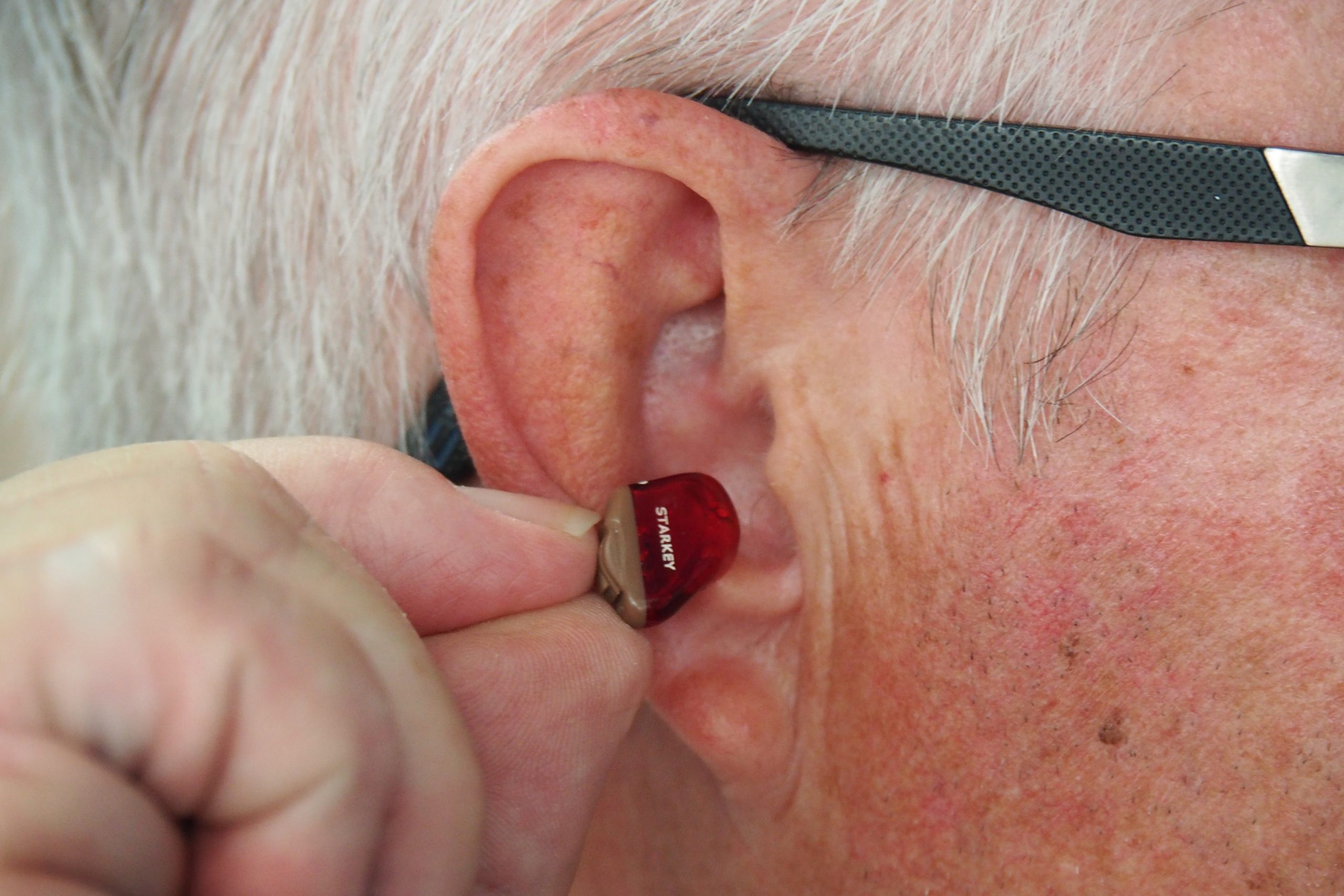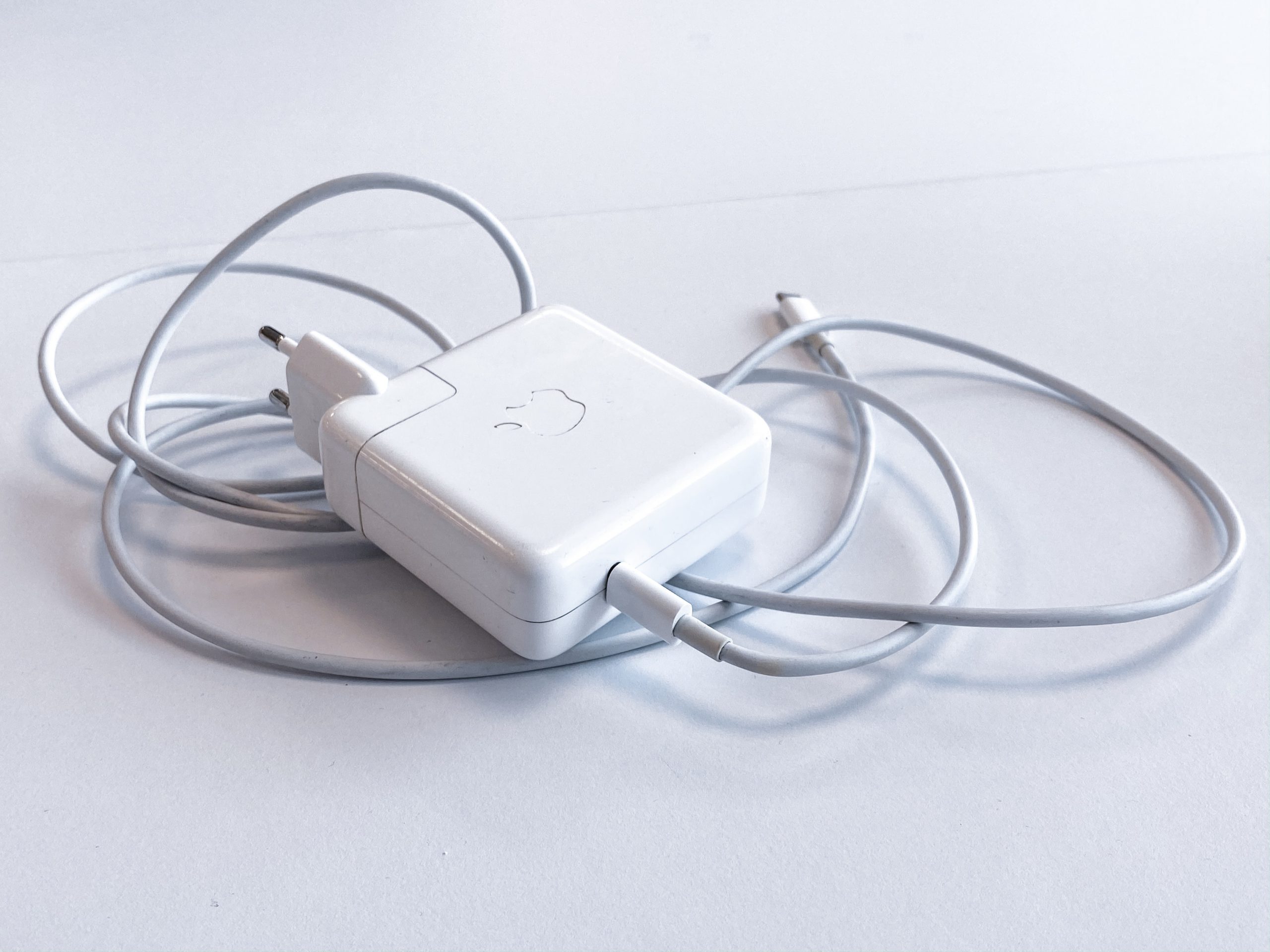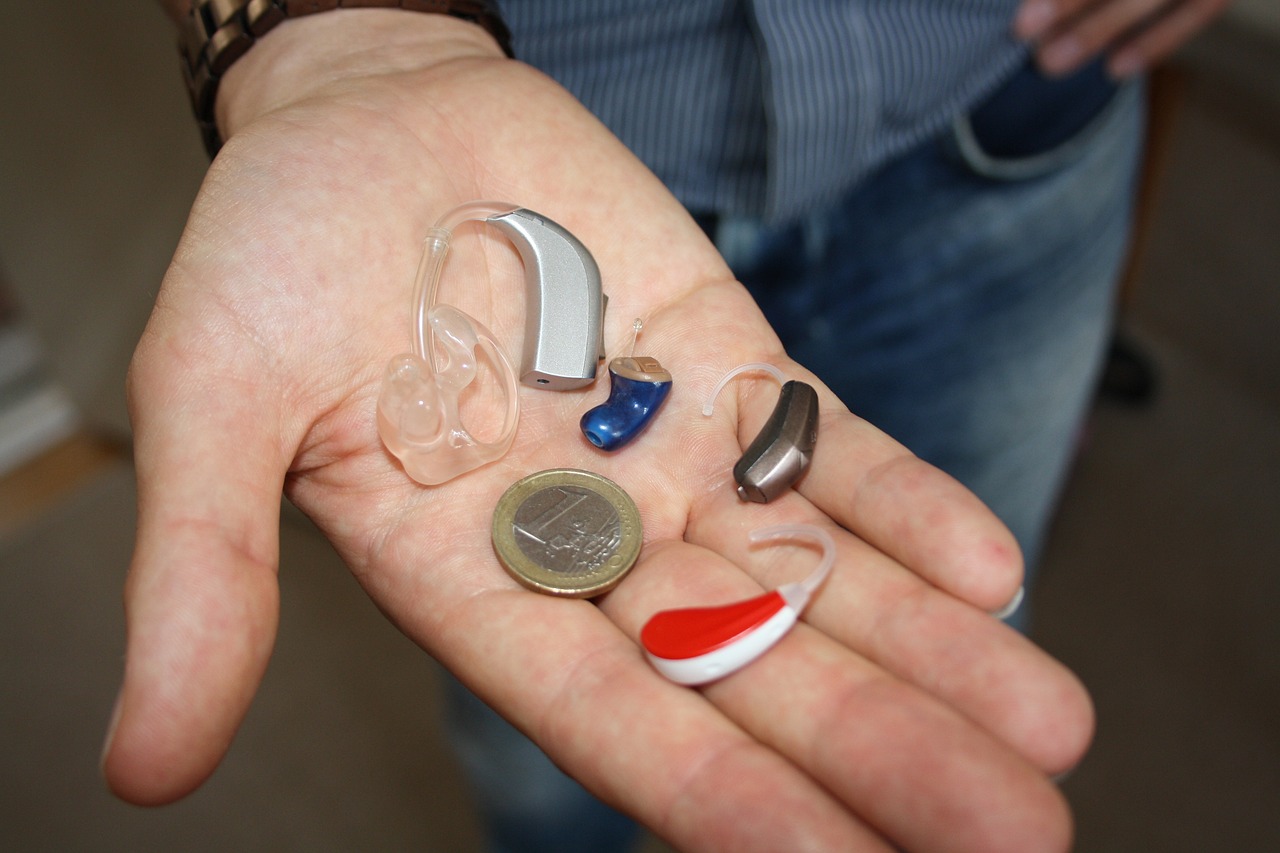
If you are one of 48 million Americans with hearing loss, there is a good chance you don’t have a hearing aid! If you’ve recently made the decision to buy one, however, then congratulations! It’s a big step forward you’ve made. In this day and age, however, something as simple as shopping can sometimes seem overwhelming with all the options we have available at our fingertips. Worse, making a mistake and buying a cheap hearing aid can pose its own risk! Let’s take a step back and look at where and how to buy a hearing aid.
Contents
4 Ways to Buy A Hearing Aid
Professional Providers (Audiologists / Hearing Aid Specialists)
If you’re thinking about purchasing one, the most common and reliable way to buy a hearing aid will be to go to a hearing aid specialist or an audiologist and get a prescription. Because hearing aids are medical devices, FDA specifies that any patients seeking to purchase them needs to have their hearing tested by a licensed physician and get a prescription.
Not only will these professionals rule out any underlying medical issues like excessive earwax, they will be able to suggest you the best type of hearing aid for your lifestyle and assist you through the journey. They will tune and adjust the hearing aid to match your ears specific
While the price tag may leave you wondering if the price is worth the trip to the doctor’s office, keep in mind that these professionals will be able to help you with any problems that occur after your purchase and repair your device if needed.
Retail Stores
As mentioned above, FDA states that patients can only purchase hearing aids through hearing tests and prescriptions. While visiting an audiologist is the most common way of purchasing hearing aids, there are select retail stores that offer in house hearing tests by a hearing aid specialist who can then suggest you hearing aids from the products available at that store.
As of now, major retailers like Costco offer this service through alliances with hearing aid manufacturers. Much like going to the doctor’s office, retailers provide cleaning services and follow up appointments while letting patients choose the type of warranty and coverage they like (unbundled service) which may initially cost less than buying hearing aids through doctors.
Just remember that in most retail stores, hearing tests are provided by hearing aid specialists where they may not be able to answer all the questions audiologists can.
All in all, if you live near one of these retail stores, buying hearing aids through them is a viable option.
Buy A Hearing Aid Online?

Until recently, because hearing aids required a medical evaluation purchasing online was not an option. In 2016, however, in order to better consumer access to hearing aids the FDA issued a guidance document stating “it does not intend to enforce the requirement that individuals 18 and up receive a medical evaluation or sign a waiver prior to purchasing most hearing aids.”
Nothing beats shopping from home in your pajamas, and the convenience is one attractive argument (especially during the time of this articles writing, with COVID still present). Hearing aids purchased online are also often much cheaper than those bought from an audiologist or store! However, buyer be warned. Online shopping is still reminiscent of the wild west, filled with less-than-trustworthy websites and people who don’t mind bending the truth.
PSAPs, or Personal Sound Amplifiers are hearing devices that while performing a similar function to hearing aids, are completely different. These devices are not intended for individuals with hearing loss, and extra care should be taken to make sure you are not purchasing a mislabeled device.
Furthermore, hearing aids are medical devices designed to treat an individuals unique hearing loss. When purchased online, you are skipping the evaluation and tuning from a professional – the hearing aids you receive may not work properly, not tuned for your hearing loss, or even fit your ear!
While still an option, take extra care if deciding to purchase hearing aids online. For more information, make sure to read our article about the risks of purchasing hearing devices online.
Over-the-Counter (OTC)
While not yet available, the biggest change the hearing aid market has seen in recent history is on its way.
OTC hearing aids are a new category of hearing aids that you will soon be able to buy directly without visiting a doctor. These devices are intended for adults who believe to have mild to moderate hearing loss and will be categorized as medical devices, meaning they are still under all the regulations and quality control checks of traditional hearing aids.
Read our article about OTC hearing aids here.
Although the exact date is yet to be announced, the new regulation is in the works so be sure check us or the FDA website periodically for the most up to date information!
The information in this guide has been written using the following reliable sources:
https://www.fda.gov, https://www.seniorliving.org, https://www.asha.org








